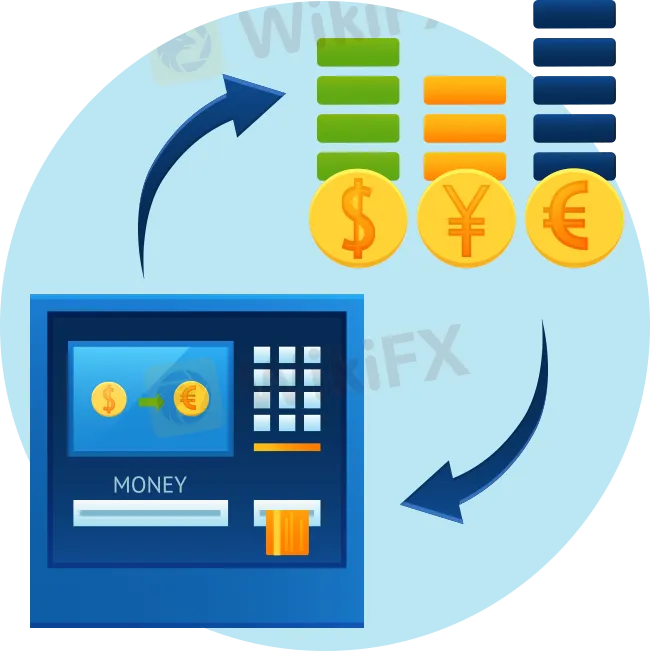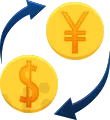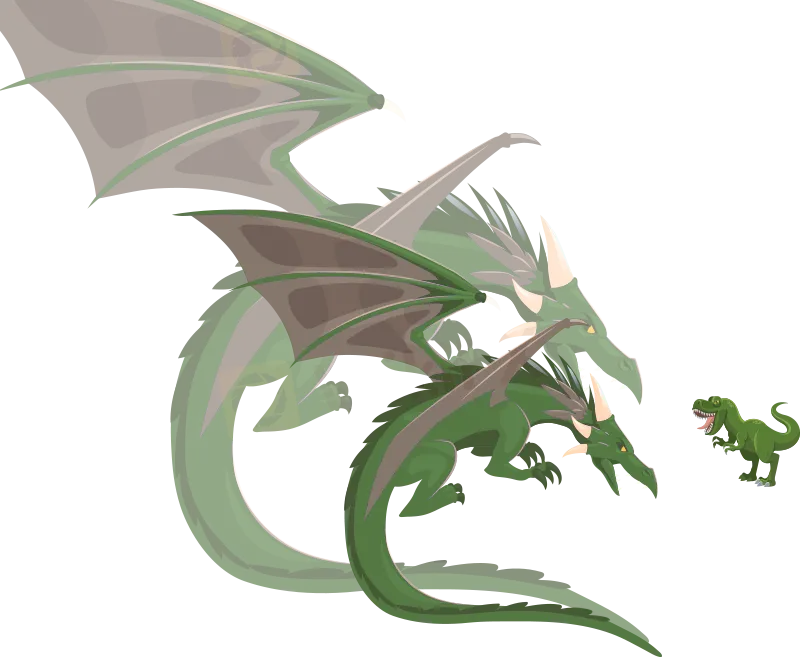简体中文
繁體中文
English
Pусский
日本語
ภาษาไทย
Tiếng Việt
Bahasa Indonesia
Español
हिन्दी
Filippiiniläinen
Français
Deutsch
Português
Türkçe
한국어
العربية
What is Forex?
Abstract:Forex is the global financial markets that we can trading between different pair of currencies. You can earn if one currency is stronger than another and you believe it is correct in the end, you can make a profit.
What is Forex? Forex is the global financial markets that we can trading between different pair of currencies. You can earn if one currency is stronger than another and you believe it is correct in the end, you can make a profit. Once upon a time, people fly abroad to travel abroad before the pandemic broke out. When you have to spend something on other countries, you need to find a money changer and convert your money into the currency of the country you are spending. You will notice a screen displaying different currencies rates on the money changer counter.

The currencies rate is the relative price of two different countries currencies .When you find “Indonesian Rupiah” and think to yourself, “Awesome! My one dollar is worth 14,000 Rupiah?! And I have ten dollars! I‘m super rich now!!!”When you doing this, means you're participated in the forex market!You’ve exchanged from your currency for another currency.
In forex trading, you've sold dollars and acquired Rupiah if you're travelling in Indonesia.

After you're stop spending, you stop by the money changer booth to change the Rupiah that you and notice the currencies rates have changed.These fluctuations in currency rates are what allow you to profit in the Forex market.What is forex means?
The foreign exchange market, also referred to as “forex” or “FX,” is the world's largest financial market.
The foreign exchange market (FX market) is a global, decentralised market where the world's currencies are traded. Because exchange rates fluctuate by the second, the market is always in flux.
In the “real economy,” which includes foreign trade and tourism, such as the airport example above, only a small percentage of monetary transactions take place.
Instead, the vast majority of currency transactions in the global foreign exchange market are made for speculative purposes.
Currency traders (also known as currency speculators) purchase currencies in the hopes of later selling them for a greater price.
The foreign currency market, with its $6.6 TRILLION per day trade activity, looks extremely massive when compared to the “measly” $22.4 billion per day volume of the New York Stock Exchange (NYSE).
Let's use monsters to put things in perspective for a moment...
The New York Stock Exchange (NYSE), the world's largest stock exchange, exchanges around $22.4 billion worth of stock per day. This is what the NYSE would look like if it were represented by a monster...

Every day, you hear about the NYSE in the news... You've undoubtedly heard about it on CNBC... Bloomberg... BBC... heck, you've even heard about it at your local gym. “The New York Stock Exchange is up today, blah, blah.”
When individuals refer to the “market,” they are usually referring to the stock market. So the NYSE has a large sound, is noisy, and enjoys making a lot of noise.
Oooh, the NYSE looks so puny compared to the forex market! It doesnt stand a chance!
Makes you wonder if the “S” in NYSE stands for “Stock” or for “Scrawny”?
Check out the graph of the average daily trading volume for the forex market, New York Stock Exchange, Tokyo Stock Exchange, and London Stock Exchange:

The foreign exchange market is over 200 times larger! It's enormous! But wait a minute, there's a catch!
The total global foreign exchange market is worth $6.6 trillion, but the “spot” market, which is the component of the currency market that most forex traders are interested in, is only worth $2 trillion per day.
Then there's the daily trading volume from retail traders (that's us), which is much lower.
The actual size of the retail FX market is difficult to establish, although it is thought to be roughly 3-5 percent of overall daily FX trading volumes, or around $200-300 billion (probably less).
So, while the forex market is indeed large, it is not as large as some would have you believe.
Don't believe the hype that the forex industry is worth $6.6 trillion! The enormous figure is striking, but it's a little deceiving. We aren't big on exaggeration. We're just being honest.

Aside from its size, the market is particularly unusual in that it rarely closes! It's open almost 24 hours a day, seven days a week.
The currency market is open 24 hours a day, five days a week, with the exception of weekends. (What a lackadaisical bunch!)
The forex market, unlike the stock or bond markets, does not close at the end of each business day.
Rather, trading takes place in several financial centres throughout the world.
Traders begin their day in Auckland/Wellington, then travel to Sydney, Singapore, Hong Kong, Tokyo, Frankfurt, London, and eventually New York, before returning to New Zealand to resume trading!
In the next section, well reveal WHAT exactly is traded in the forex market.
Disclaimer:
The views in this article only represent the author's personal views, and do not constitute investment advice on this platform. This platform does not guarantee the accuracy, completeness and timeliness of the information in the article, and will not be liable for any loss caused by the use of or reliance on the information in the article.
Read more

Forex is a game that I enjoy playing
These champions have one thing in common: they not only work their butts off, but they also enjoy what they do.

Wait patiently. Maintain your discipline
"Patience is the key to everything," American comic Arnold H. Glasgow once quipped. The chicken is gotten by hatching the egg rather than crushing it."

There isn't a Holy Grail to be found!
Ask any Wall Street quant (the highly nerdy math and physics PhDs who build complicated algorithmic trading techniques) why there isn't a "holy grail" indicator, approach, or system that generates revenues on a regular basis.

Concentrate on the Process. Profits aren't a priority
We've designed the School of WikiFX as simple and enjoyable as possible to help you learn and comprehend the fundamental tools and best practices used by forex traders all over the world, but keep in mind that a tool or strategy is only as good as the person who uses it.
WikiFX Broker
Currency Calculator







